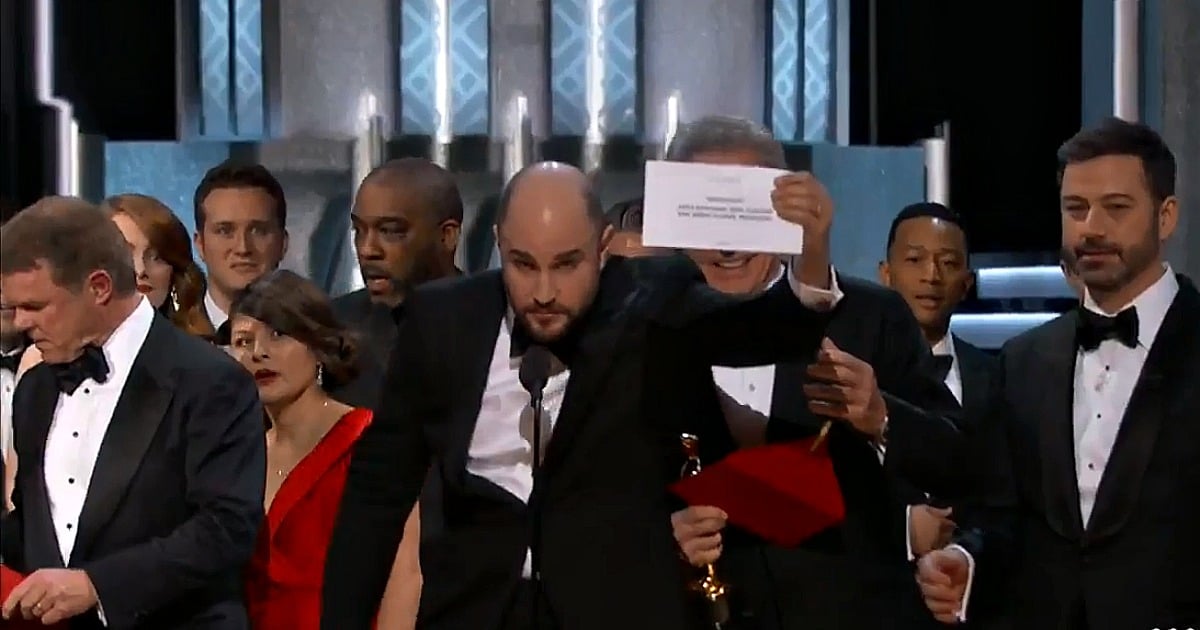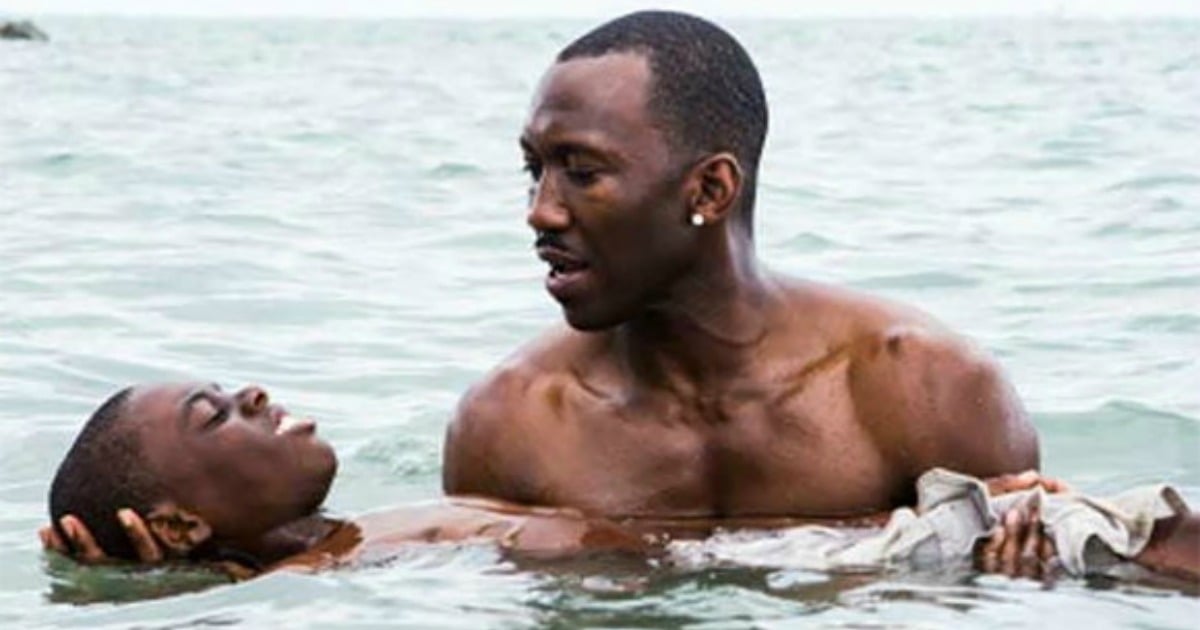This year’s Oscar ceremony made history – but it’s not for the reason you’d think if you’re reading the headlines that followed it.
When La La Land was mistakenly declared to be the best movie winner, an unprecedented gaffe which threw the A-list crowd and viewers into a tizzy, it didn’t just spawn hilarious memes and fond remembrances of a past Australia’s Next Top Model finale (aka the moment Sarah Murdoch would rather forget).



Top Comments
LOL. Think they should set the direction of the country, too inept to open the right envelope.